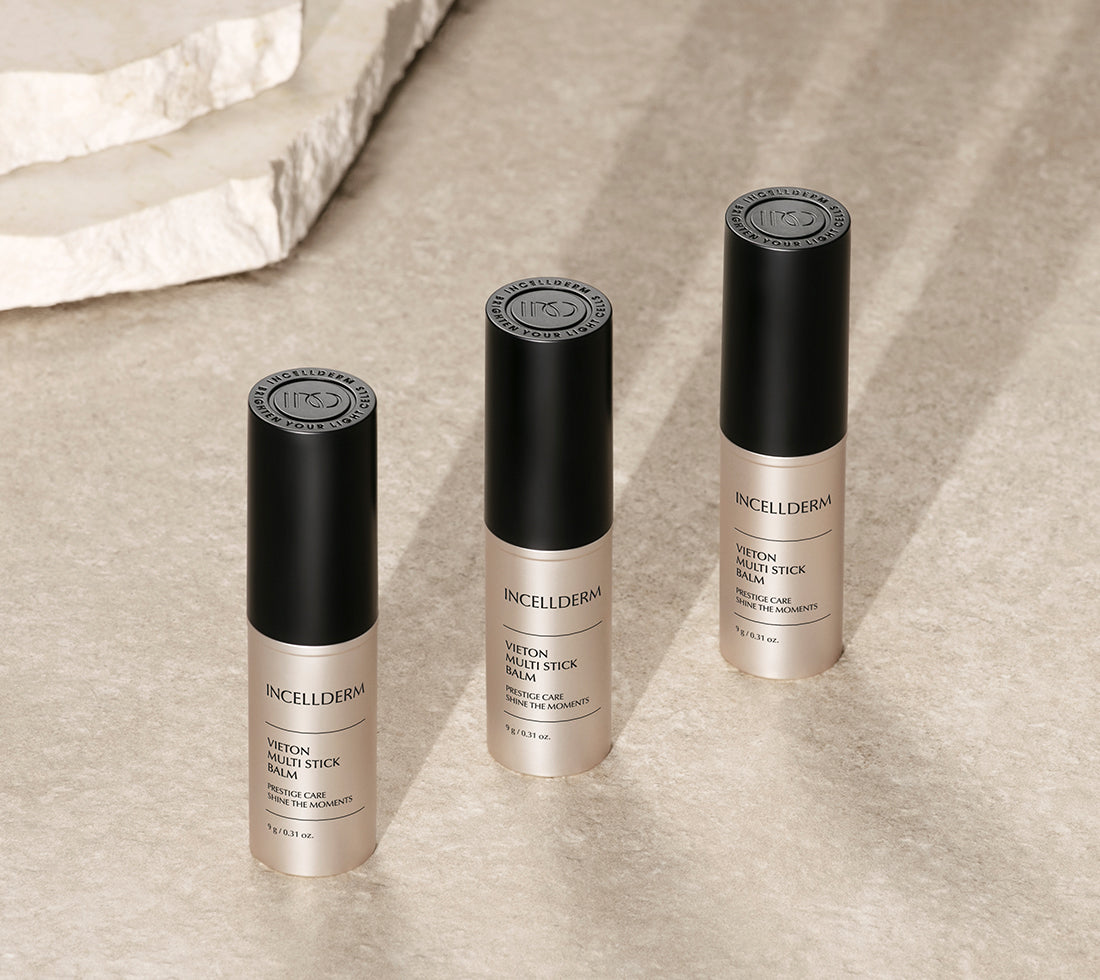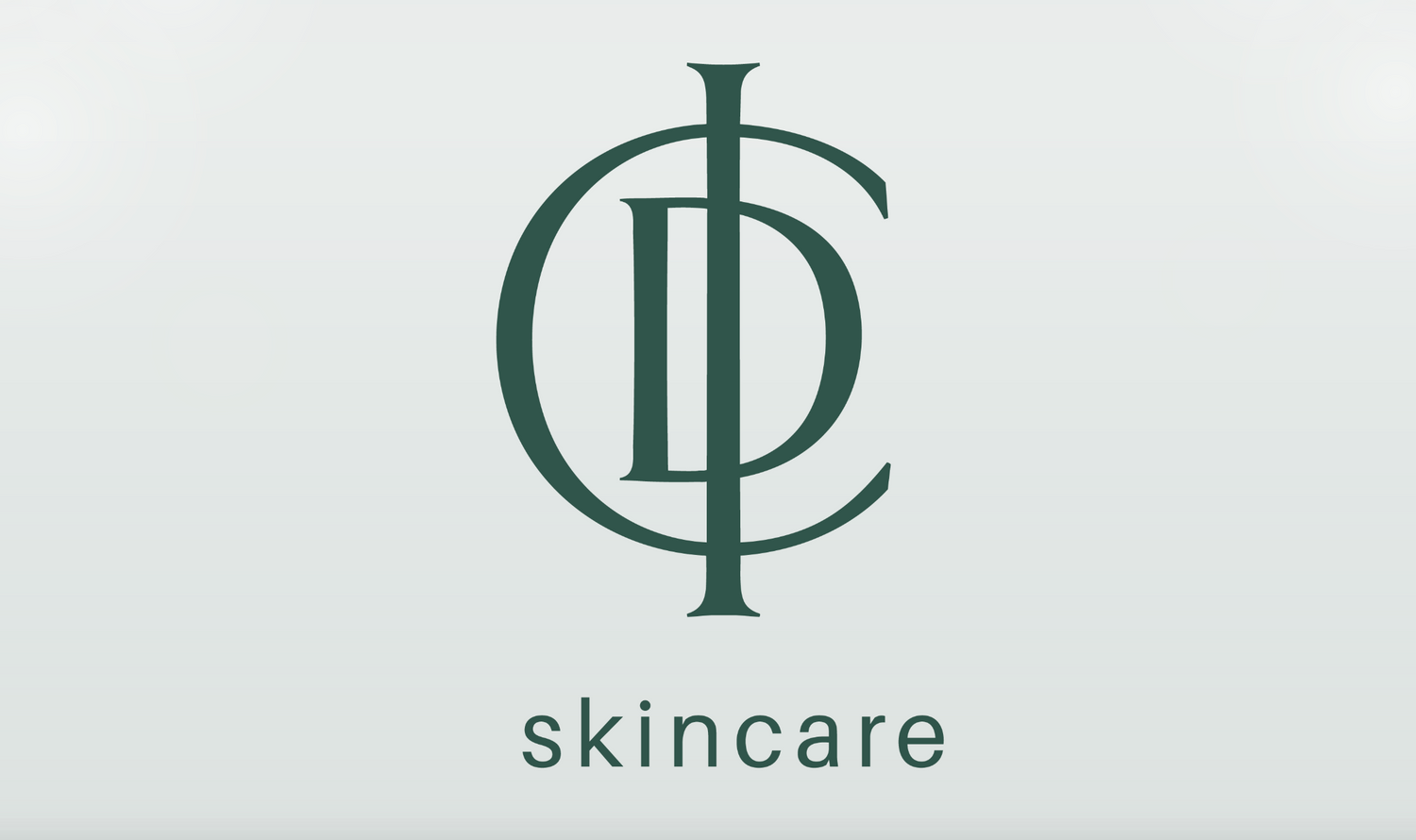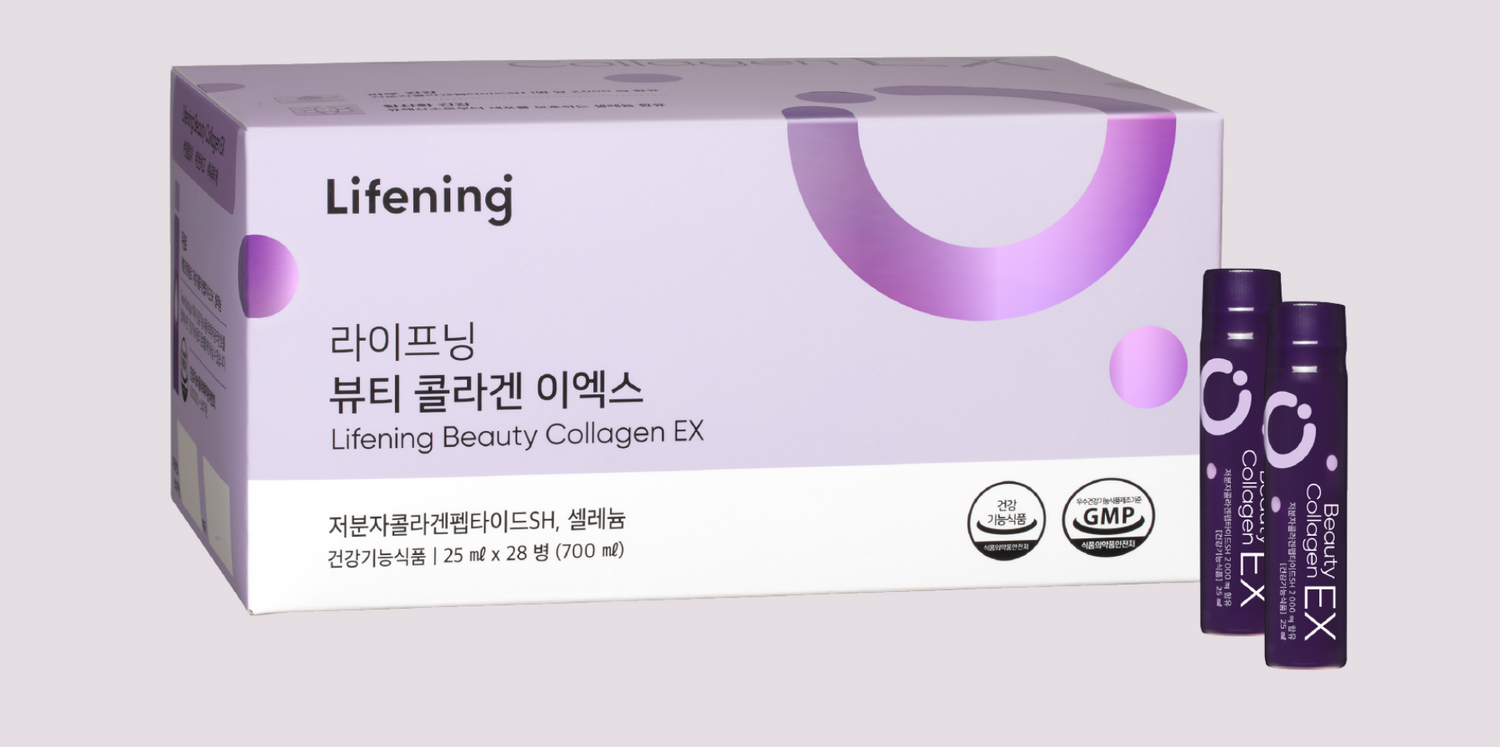Eczema. The word itself can evoke images of itchy, inflamed, and irritated skin. For millions worldwide, eczema, also known as atopic dermatitis, is more than just a cosmetic concern; it's a chronic condition that can significantly impact quality of life. This comprehensive guide delves into the multifaceted world of eczema, exploring its various causes, effective solutions, preventive strategies, and how Incellderm products can play a crucial role in managing this challenging skin condition.
Understanding Eczema: More Than Just a Rash
Eczema is a chronic inflammatory skin condition characterized by intense itching, redness, dryness, and a rash. It's not contagious, but it can be incredibly uncomfortable and disruptive. Eczema flare-ups can range from mild to severe, affecting any part of the body, though it commonly appears on the hands, elbows, knees, and face.
There are several types of eczema, including:
- Atopic Dermatitis: The most common type, often beginning in childhood. It's linked to a combination of genetic, environmental, and immune system factors.
- Contact Dermatitis: Triggered by contact with an irritant (e.g., chemicals, fragrances) or allergen (e.g., poison ivy, nickel).
- Dyshidrotic Eczema: Characterized by small, fluid-filled blisters on the hands and feet.
- Nummular Eczema: Coin-shaped patches of eczema, often occurring on the legs.
- Seborrheic Dermatitis: Affects oily areas like the scalp and face, causing redness, scaling, and dandruff.
Unraveling the Causes: A Complex Web of Factors
The exact cause of eczema isn't fully understood, but it's believed to be a combination of genetic predisposition and environmental triggers. Key contributing factors include:
- Genetics: A family history of eczema, asthma, or allergies increases the risk of developing atopic dermatitis. Genetic mutations can affect the skin barrier function, making it more susceptible to irritants.
- Skin Barrier Dysfunction: The skin barrier is the outermost layer of skin, responsible for protecting against external aggressors. In eczema, this barrier is compromised, allowing irritants, allergens, and bacteria to penetrate more easily, triggering inflammation.
- Immune System Dysregulation: The immune system plays a crucial role in eczema. In individuals with eczema, the immune system overreacts to certain triggers, leading to inflammation and itching.
-
Environmental Triggers: Various environmental factors can exacerbate eczema symptoms, including:
- Irritants: Soaps, detergents, fragrances, chemicals, and certain fabrics (e.g., wool) can irritate sensitive skin.
- Allergens: Dust mites, pet dander, pollen, mold, and certain foods can trigger allergic reactions and worsen eczema.
- Weather: Extreme temperatures, dry air, and humidity changes can affect the skin barrier and trigger flare-ups.
- Stress: Stress can exacerbate eczema symptoms by affecting the immune system.
Recognizing the Symptoms: Identifying Eczema
Eczema symptoms can vary from person to person and depend on the type of eczema. Common signs and symptoms include:
- Intense Itching: Often the most bothersome symptom, itching can be severe and lead to scratching, which further irritates the skin.
- Redness and Inflammation: The affected skin appears red, inflamed, and sometimes swollen.
- Dryness and Scaling: Eczema-prone skin is often dry, flaky, and prone to cracking.
- Rashes and Bumps: Small red bumps or blisters can appear on the affected areas.
- Thickened Skin: Chronic scratching can lead to thickened, leathery skin (lichenification).
Managing Eczema: A Multifaceted Approach
Managing eczema effectively requires a comprehensive approach that addresses the underlying causes and symptoms. Treatment options include:
- Moisturizers: Regular use of emollients (moisturizers) is crucial for hydrating the skin, strengthening the skin barrier, and reducing itching.
- Topical Corticosteroids: These medications reduce inflammation and itching during flare-ups. They should be used as directed by a doctor.
- Calcineurin Inhibitors: These topical medications also reduce inflammation and are an alternative to corticosteroids.
- Antihistamines: These medications can help relieve itching.
- Phototherapy: Exposure to specific wavelengths of light can help reduce inflammation and improve eczema symptoms.
- Systemic Medications: In severe cases, oral medications like corticosteroids or immunosuppressants may be prescribed.
- Lifestyle Modifications: Identifying and avoiding triggers, managing stress, and maintaining a healthy lifestyle are essential for managing eczema.
The Incellderm Approach: Soothing and Strengthening Sensitive Skin
Incellderm offers a range of products that can be beneficial for managing eczema-prone skin. Their focus on gentle yet effective formulations aligns well with the needs of sensitive and reactive skin. Here's how Incellderm products can help:
-
Gentle Cleansing: Harsh cleansers can strip the skin of its natural oils and exacerbate eczema. Incellderm's cleansers are formulated to be gentle and pH-balanced, effectively removing impurities without disrupting the skin barrier. This is crucial for minimizing irritation and preventing flare-ups. Our Botalab Suamel Body Wash is certified Eve Vegan, hypoallergenic, and free of animal by-products.
-
Intense Hydration: Maintaining adequate hydration is paramount for eczema management. Incellderm's moisturizers, such as the Active Cream EX, are designed to provide deep and lasting hydration, helping to soothe dry, itchy skin and strengthen the skin barrier. Look for ingredients like hyaluronic acid and ceramides, which are known for their hydrating and barrier-repairing properties.
-
Soothing and Calming: Inflammation is a hallmark of eczema. Incellderm products often incorporate soothing ingredients like Centella Asiatica extract, known for its calming and anti-inflammatory properties. These ingredients can help to reduce redness and irritation associated with eczema flare-ups. The Calming Balance Gel, with its focus on soothing and hydration, could be particularly helpful.
-
Barrier Support: A compromised skin barrier is a key factor in eczema. Incellderm products prioritize skin barrier health by including ingredients that strengthen and protect this vital layer. A healthy skin barrier is less susceptible to irritants and allergens, reducing the frequency and severity of eczema flare-ups.
-
Targeted Treatments: While not specifically designed for eczema, certain Incellderm products, like the Vieton Multi Stick Balm, may offer additional benefits. The intense hydration will lock in mositure, which can be beneficial for eczema-prone skin. However, it's always best to patch test before applying any new product to sensitive skin.
Preventing Eczema Flare-Ups: Proactive Strategies
While eczema can't always be prevented entirely, there are steps you can take to minimize flare-ups and manage symptoms:
- Identify and Avoid Triggers: Pay attention to what seems to trigger your eczema flare-ups and try to avoid those triggers as much as possible. This might include certain soaps, detergents, fabrics, allergens, or environmental factors.
- Maintain a Consistent Skincare Routine: A consistent skincare routine using gentle, fragrance-free products is crucial for managing eczema. This includes regular cleansing, moisturizing, and sun protection.
- Moisturize Regularly: Apply a generous amount of moisturizer immediately after bathing or showering to lock in moisture and prevent dryness.
- Avoid Scratching: Itching is a major symptom of eczema, but scratching can worsen the condition. Try to resist the urge to scratch and use other methods to relieve itching, such as applying cool compresses or using anti-itch creams.
- Manage Stress: Stress can exacerbate eczema symptoms. Practice stress-reducing techniques like yoga, meditation, or deep breathing exercises.
- Maintain a Healthy Lifestyle: A balanced diet, regular exercise, and adequate sleep can support overall skin health and help manage eczema symptoms.
Living with Eczema: A Journey of Management
Eczema is a chronic condition that requires ongoing management. While there is no cure, effective treatments and preventive strategies can help control symptoms and improve quality of life. Working closely with a dermatologist is essential for developing a personalized treatment plan that addresses your specific needs. By understanding the causes of eczema, recognizing your triggers, and implementing a consistent skincare routine, including gentle and effective products like those offered by Incellderm, you can take control of your eczema and achieve healthier, more comfortable skin. Remember that managing eczema is a journey, and patience and persistence are key to achieving long-term success.





